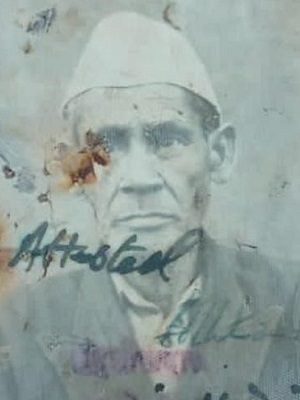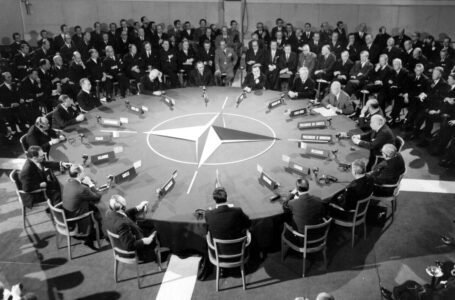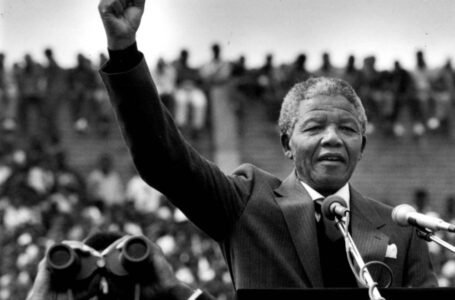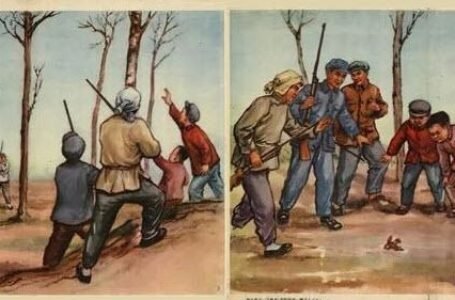Sangram Singh: A Beacon of Courage and Resilience

Sangram Singh, a name synonymous with bravery and determination, stands as a significant figure in India’s history. His sacrifices for the freedom struggle and his immortal legacy as a warrior, leader, and patriot have left a concrete mark on the country’s memory of Indian independence. This blog delves into the life and legacy of Sangram Singh, exploring his early life, his role in the fight for independence, and the lasting impact he left on Indian society.

EARLY LIFE AND BACKGROUND
Sangram Singh was born in 1894, in the village of Nala, Guptkashi in Uttarakhand. A well known patriot in his hometown, he from a young age valued honour and duty and exhibited qualities of leadership and fierce sense of justice. His upbringing by Dhani Ram, a man of profound grit and his traditions of valour and patriotism profoundly shaped his character. The stories of great warriors and leaders from Indian history that he heard as a child kindled a fire of patriotism within him, setting the stage for his future endeavours.
Sangram Singh’s freedom journey was marked by a keen interest in activism, defence and the socio-economic issues of his time. In 1924, he took action over his passion and enrolled in the indian army as a valiant soldier, here he served with great honour and dedication.
PARTICIPATION IN THE INDEPENDENCE MOVEMENT
The Indian independence movement was gaining momentum, and Sangram Singh was determined to play his part. He begun so by playing a dual role as a freedom fighter and a soldier of the Indian army. His entry into the freedom struggle was marked by active participation in local protests and movements aimed towards liberating India from the British rule. He quickly emerged as a charismatic leader, capable of mobilising people and inspiring fellow civilians and soldiers to join the cause.
Sangram Singh’s significant involvement in the national freedom struggle was accompanied by an exemplary military career too. He encouraged people to boycott British goods, institutions, and services, and to adopt swadeshi (indigenous) products. His tireless efforts in organising rallies and spreading the message of self-dependence played a crucial role in weakening the economic chokehold of the British. Despite facing arrests and imprisonment, Sangram remained steadfast in his commitment to the cause.
The military made him gain recognition for his outstanding services through winning multiple laurels and accoclades such as the prestigious 1939-1945 Star Medal, The Prestigious War Medal, The India Service Medal and The Burma Star Queen Sea Badge. Although a brilliant freedom fighter, Sangram Singh’s prowess as a military soldier was unmatchable to the least.
Sangram Singh had established himself as a seasoned military officer and his experience in leadership were instrumental in mobilising support for various other causes. Although a successful activist and militant, Sangram Singh also lent his voice for welfare programmes and social upliftment of the society and his peers. Sangram’s efforts were pivotal in sustaining the momentum of the movement, despite severe crackdowns by the British authorities. His unwavering spirit and determination served as a beacon of hope for many who joined the struggle.
A passionate advocate of welfare, Sangram Singh understood that an empowered population was necessary for attaining freedom from the British rule. His efforts ensured that all sections of society recieved an environment of learning and growth. Additionally, he promoted activities such as recognizing the role of culture in nation-building.
His commitment to championing the cause of the downtrodden and working tirelessly to eliminate discrimination was unwavering. He participated fervently in awareness campaigns, facilitated dialogues to bridge social divides. His vision of a free India was inclusive, where every individual, regardless of their background, had the opportunity to lead a dignified life.
His resilience and dedication became a source of inspiration for many, highlighting the true cost of freedom. Sangram Singh continued to serve the nation in various capacities. He believed that true freedom could only be achieved by participating in nation-building. His contributions, particularly noteworthy, ensured that the benefits of independence reached the grassroots level.
The legacy of Sangram Singh may not have received the same level of recognition as some of his contemporaries, but his contributions to the freedom struggle and nation-building are no less significant. Sangram remains an inspirational figure, embodying the spirit of resilience and patriotism. His life serves as a reminder of the sacrifices made by countless individuals in the quest for freedom.
CONCLUSION
Sangram Singh’s life is a story of extraordinary courage, unwavering resolve, and selfless service. His contributions to the Indian freedom struggle and his efforts towards social reform and nation-building serve as a beacon of inspiration for all. As we celebrate the freedom and progress of our nation, it is imperative to remember and honour the sacrifices of heroes like Sangram Singh, whose relentless pursuit of justice and equality laid the foundation for a free and prosperous India.
The legacy of Sangram Singh continues to inspire future generations to strive for a society based on principles of justice, equality, and compassion. His life reminds us that the true essence of freedom lies not just in political independence but in the holistic development and empowerment of every individual in the nation.


